A collection of over 900 images, developed from adaptations of UNICEF’s Community Infant and Young Child Feeding Counselling Package. These, and other similar images about recommended IYCF practices, have been used in more than 70 countries for counseling and training to promote behavior change for improved maternal and child nutrition.
Knowledge alone is not enough to change behaviors. But communication that inspires and motivates is an essential element of an effective health program. SBCC programs that strategically combine mass media, community activities, interpersonal communication and social media, can serve as the thread that ties program activities together.
What Does Social and Behavior Change Communication Do?
Effective SBCC puts people, their behaviors, and their contexts, at the heart of improving health outcomes. JSI uses theory and evidence-based communication to promote and facilitate behavior change while supporting the requisite social change for improving health outcomes. We work with local partners to achieve their defined behavioral objectives through SBCC campaigns and sustained actions that:
- Use behavioral insights to illuminate social connections and local conditions.
- Address barriers and draw on enablers that matter the most for people to take and sustain action.
- Account for people’s unique experiences and perspectives by segmenting audiences and tailoring meaningful communication to each audience.
- Strategically apply creative communication to address key factors at the individual, community, organizational, and system levels.
- Focus on active stakeholder participation and elevate local voices to ground communication.
JSI develops creative and compelling SBCC messaging, often using media in innovative ways. We monitor the reach and salience of our communications activities and their ability to resolve identified barriers to know where and when to make adjustments to maximize impact. Bringing SBCC best practices and a spirit of innovation to the communication task, we help governments, organizations, communities, and individuals spark and sustain action to achieve their health goals.
SBCC in Action
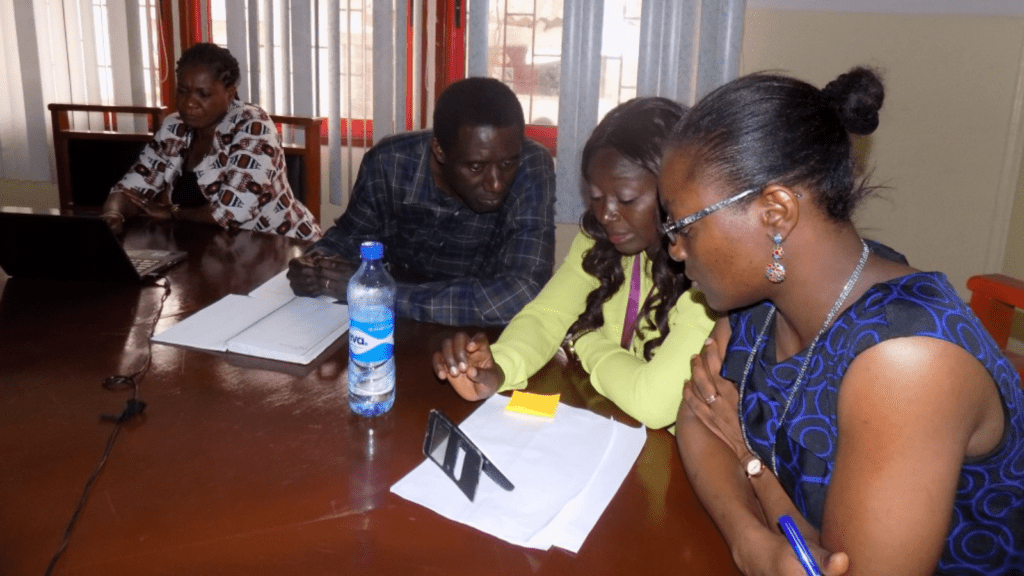
HAI Total Market Approach to Condom and Lubricants Programming
We support a total market approach to design and implement strategies to improve HIV services among key population groups in Nigeria. As part of this approach, we use SBCC interventions, that includes social media campaigns, in combination with commodity distribution through supply chain management to increase access to and use of condoms, lubricants, and pre-exposure prophylaxis (PrEP).
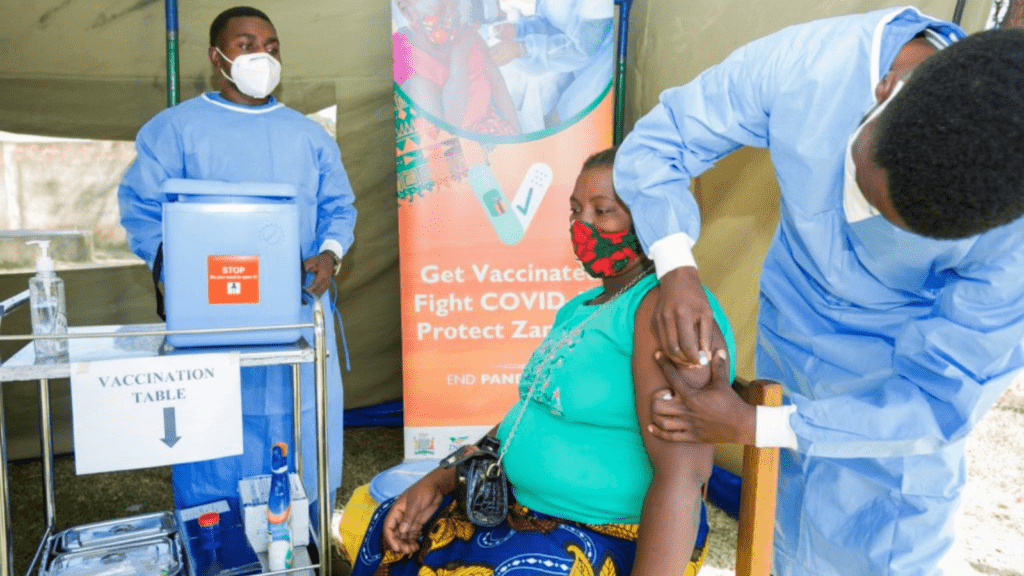
USAID DISCOVER-Health
In Zambia, JSI supports the government to improve access to high-quality health care, including HIV prevention and treatment, family planning, and COVID-19 vaccination services. We work with media, community, traditional, and religious leaders, and public health officials to design tailored communication strategies and campaigns that reach their specific audiences. Our approach meets people where they are with the information they need to achieve their health goals while also advancing population-level health outcomes.
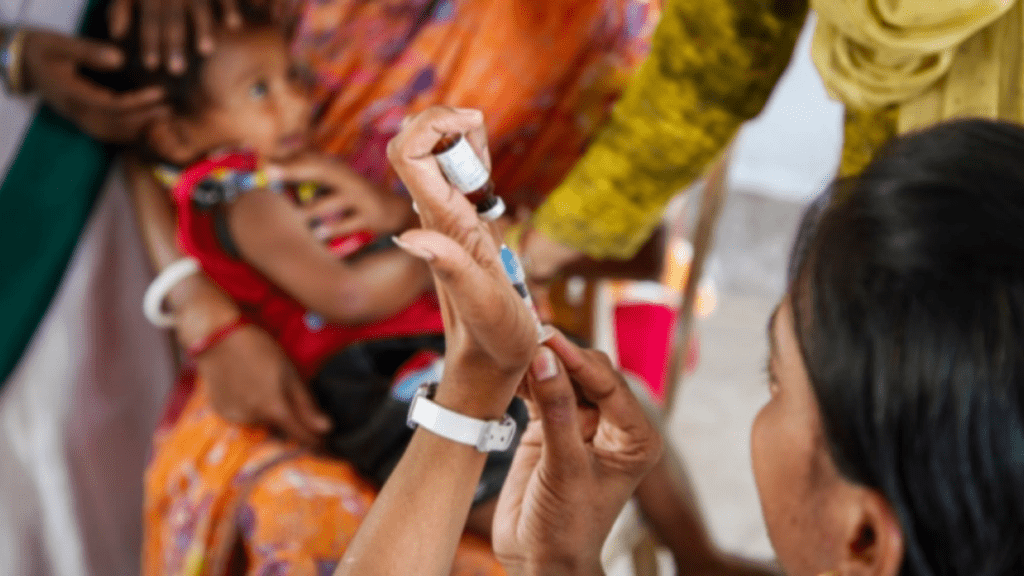
MOMENTUM Routine Immunization Transformation and Equity
Within the Europe and Eurasia region, the MOMENTUM Routine Immunization Transformation and Equity project is working with government and non-governmental partners to increase COVID-19 vaccine acceptance and uptake among health care personnel and citizens. Together with Premise, we are collecting insights on community perceptions of COVID-19 vaccination to inform communication strategies and identify effective vaccine champions and messengers. We will use social listening to inform our strategies and to monitor and adapt our SBCC activities.
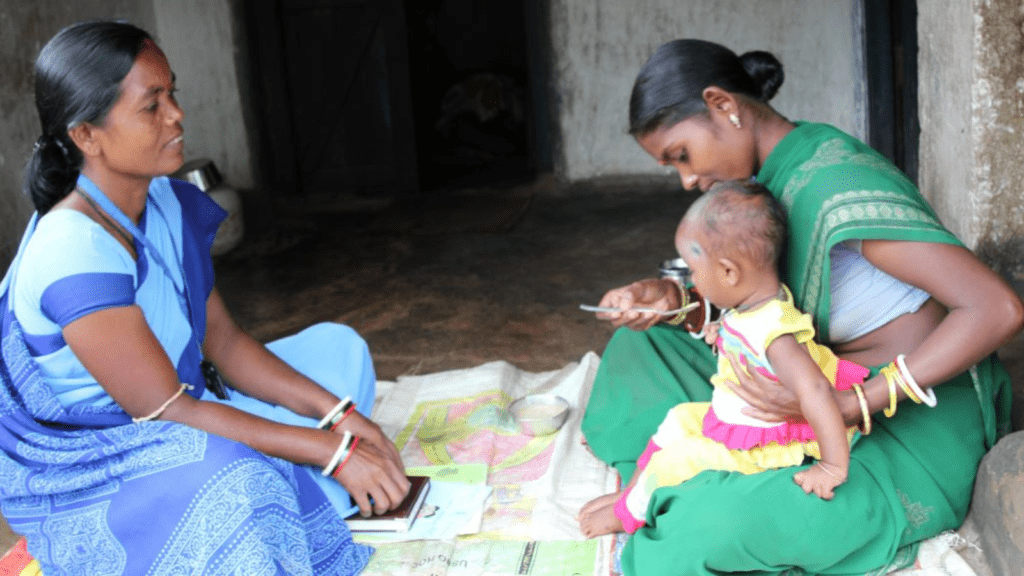
Upscaling Participatory Action and Videos for Agriculture and Nutrition
JSI is providing technical assistance to the Upscaling Participation and Videos for Agriculture and Nutrition (UPAVAN) project by supporting a randomized control trial (RCT) to generate learning and evidence for the use of community media to promote nutrition-sensitive and nutrition-specific behaviors in Odisha, India. The RCT is evaluating whether community videos with nutrition-sensitive agriculture and/or nutrition-specific maternal, infant, and young child nutrition and hygiene content are effective in improving nutrition outcomes.
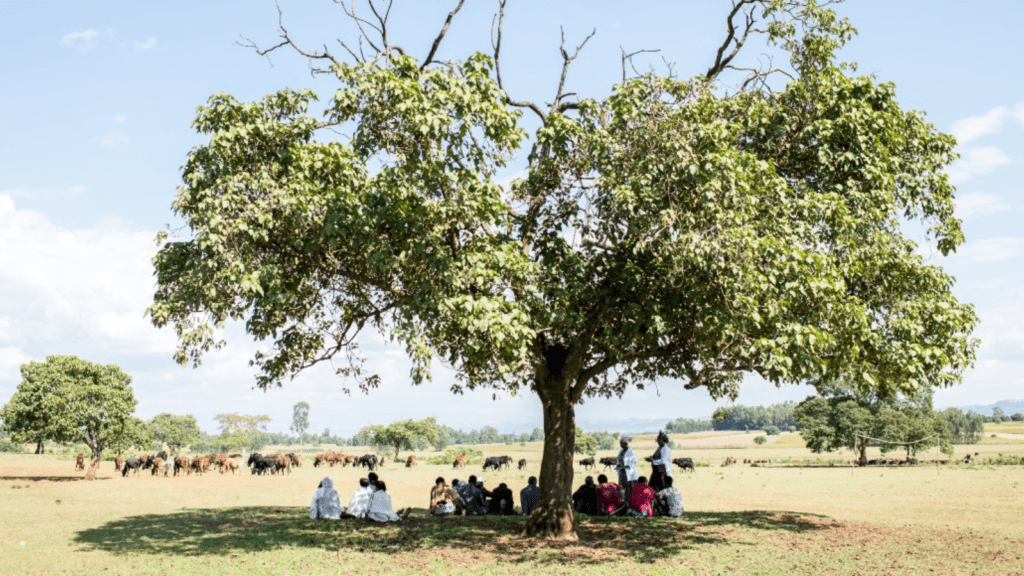
Ethiopia COVID-19: Strengthening Risk Communication and Community Engagement
JSI is helping to improve adherence to COVID-19 prevention measures, interrupt transmission, and reduce vaccine hesitancy through effective risk communication and community engagement that bolsters trust in and use of essential health services. We work closely with national level stakeholders to ensure communications are gender-sensitive and address challenges faced by women and girls at household and community levels.
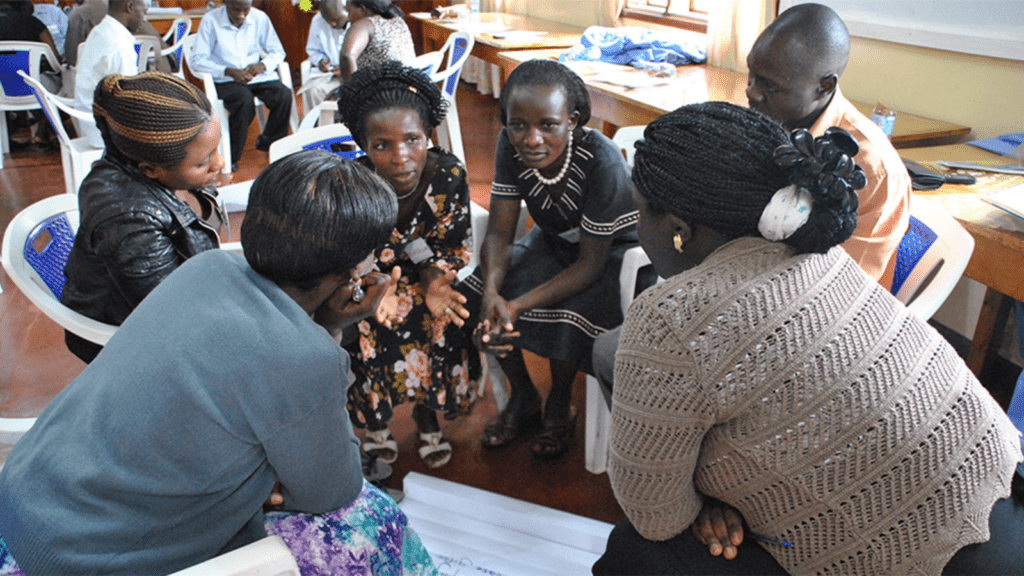
AIDSFree: Strengthening High Impact Interventions for an AIDS-free Generation
Across 14 sub-Saharan nations we co-created and implemented SBCC strategies that supported local epidemic control objectives and supported AIDSFree successfully improving the quality and effectiveness of high-impact, evidence-based HIV interventions—such as HIV testing, treatment, prevention of mother-to-child transmission, voluntary medical male circumcision, and condom promotion. As part of our support to USAID missions, governments, and implementers, we translated research findings to programmatic practices and disseminated technical information through traditional, social, and emerging media for rapid scale up.




